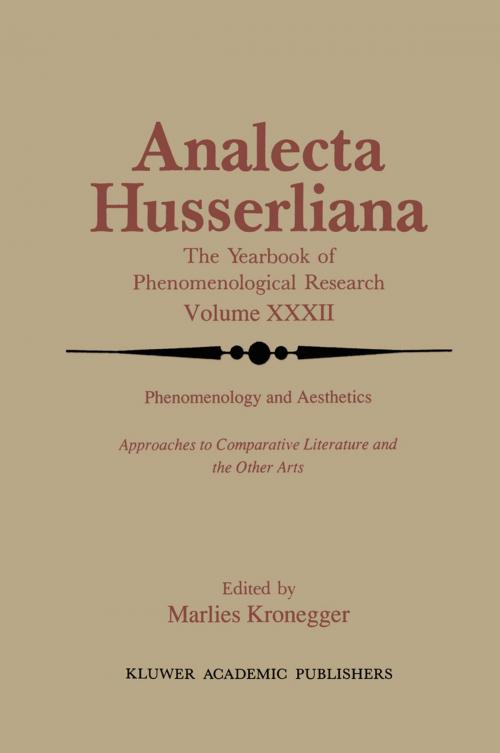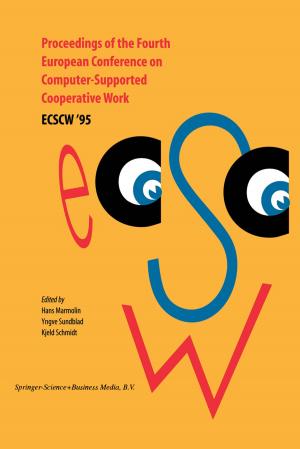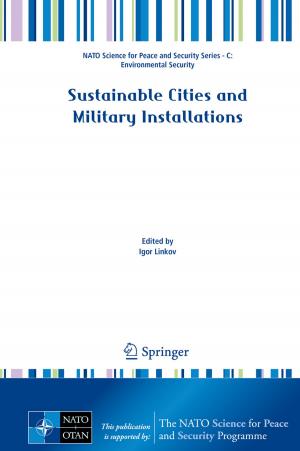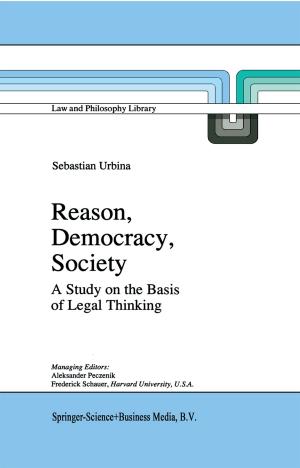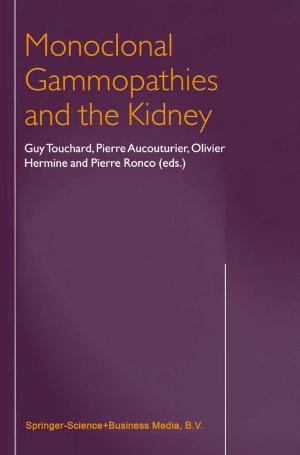Phenomenology and Aesthetics
Approaches to Comparative Literature and the Other Arts
Nonfiction, Religion & Spirituality, Philosophy, Phenomenology, Aesthetics| Author: | ISBN: | 9789400920279 | |
| Publisher: | Springer Netherlands | Publication: | December 6, 2012 |
| Imprint: | Springer | Language: | English |
| Author: | |
| ISBN: | 9789400920279 |
| Publisher: | Springer Netherlands |
| Publication: | December 6, 2012 |
| Imprint: | Springer |
| Language: | English |
and the one in the middle which judges as he enjoys and enjoys as he judges. This latter kind really reproduces the work of art anew. The division of our Symposium into three sections is justified by the fact that phenomenology, from Husserl, Heidegger, Moritz Geiger, Ingarden, in Germany and Poland, Merleau-Ponty, Paul Ricoeur, E. Levinas in France, Unamuno in Spain, and Tymieniecka, in the United States, have revealed striking coincidences in trying to answer the following questions: What is the philosophical vocation of literature? Does literature have any significance for our lives? Why does the lyric moment, present in all creative endeavors, in myth, dance, plastic art, ritual, poetry, lift the human life to a higher and authentically human level of the existential experience of man? Our investigations answer our fundamental inquiry: What makes a literary work a work of art? What makes a literary work a literary work, if not aesthetic enjoyment? As much as the formation of an aesthetic language culminates in artistic creation, the formation of a philosophical language lives within the orbit of creative imagination.
and the one in the middle which judges as he enjoys and enjoys as he judges. This latter kind really reproduces the work of art anew. The division of our Symposium into three sections is justified by the fact that phenomenology, from Husserl, Heidegger, Moritz Geiger, Ingarden, in Germany and Poland, Merleau-Ponty, Paul Ricoeur, E. Levinas in France, Unamuno in Spain, and Tymieniecka, in the United States, have revealed striking coincidences in trying to answer the following questions: What is the philosophical vocation of literature? Does literature have any significance for our lives? Why does the lyric moment, present in all creative endeavors, in myth, dance, plastic art, ritual, poetry, lift the human life to a higher and authentically human level of the existential experience of man? Our investigations answer our fundamental inquiry: What makes a literary work a work of art? What makes a literary work a literary work, if not aesthetic enjoyment? As much as the formation of an aesthetic language culminates in artistic creation, the formation of a philosophical language lives within the orbit of creative imagination.
